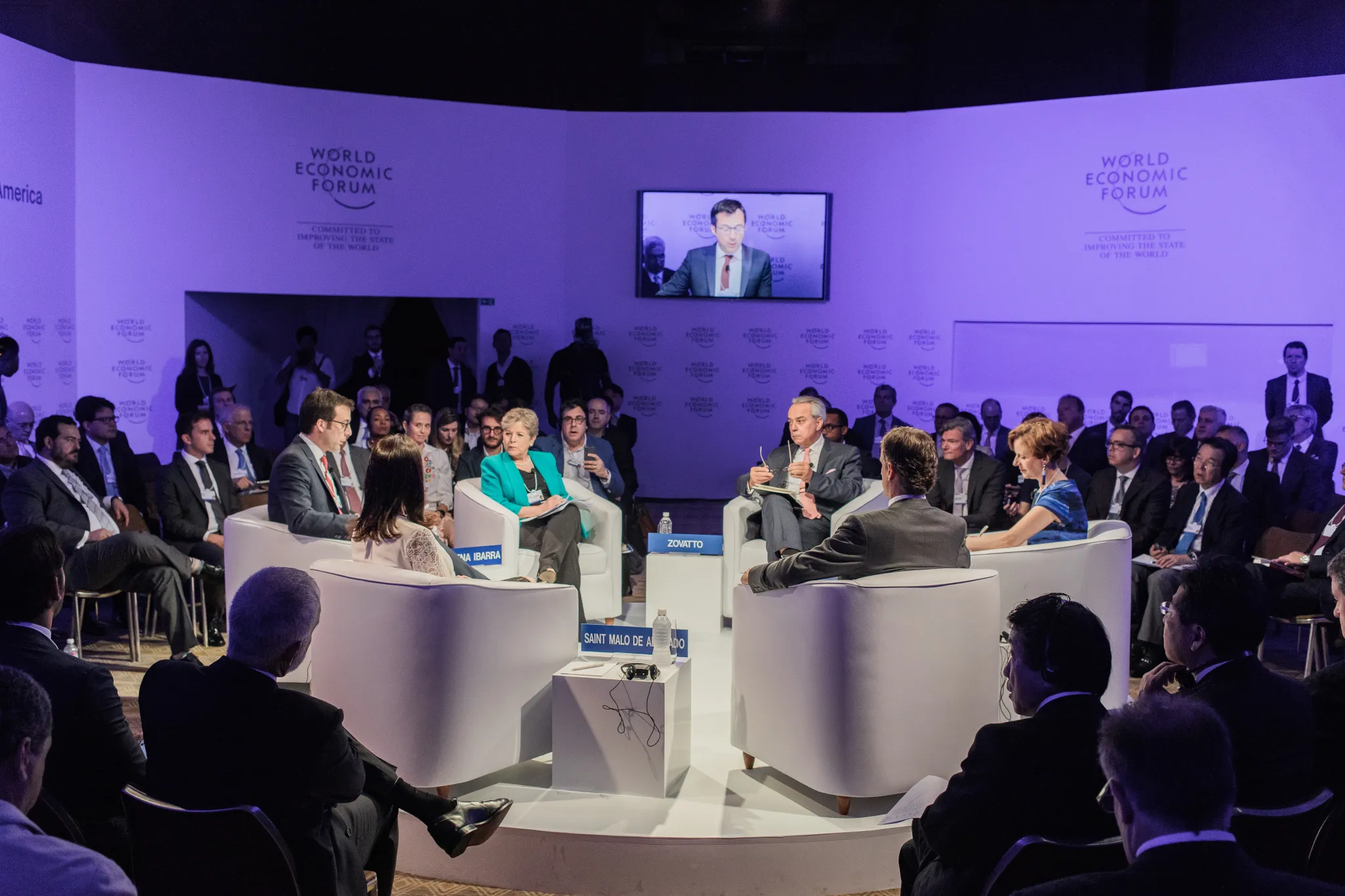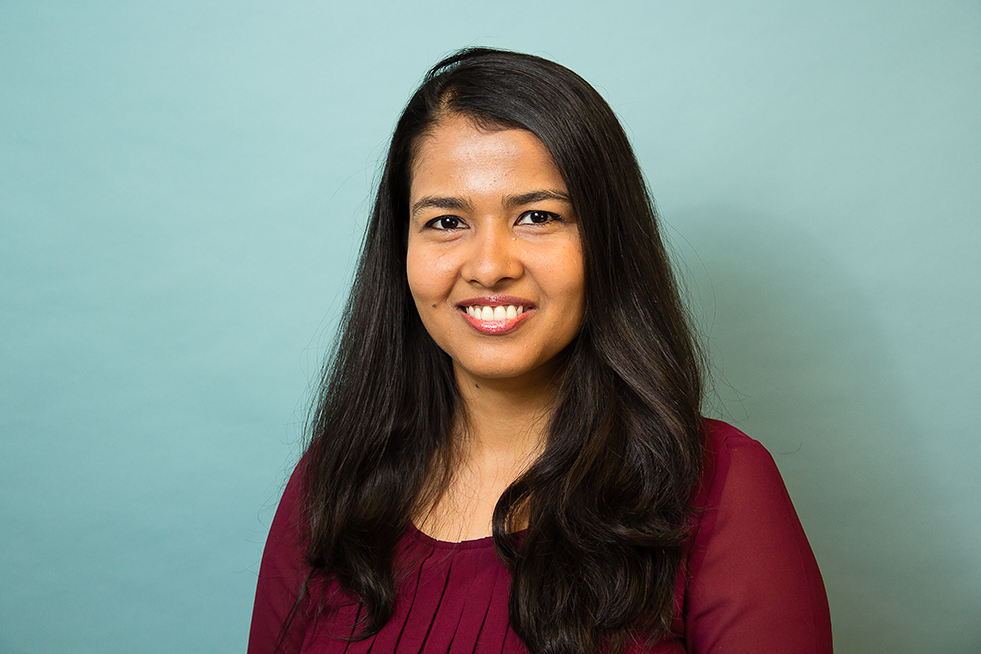International IDEA analyzes the impact of Latin America´s election cycle on national and regional power dynamics

International IDEA´s Latin America and the Caribbean Regional Director, Daniel Zovatto, participated in a high-level panel at the World Economic Forum on Latin America, held in Sao Paulo, Brazil from 13-15 March 2018. The forum gathered more than 750 global and regional leaders from government, business and civil society at a decisive time for Latin America, as an intense electoral cycle over the next two years promises far-reaching political and socio-economic impacts.
Zovatto participated in the session "Latin America Update", where he shared a panel with other leading experts, including Isabel de Saint Malo de Alvarado, Vice-President and Minister of Foreign Affairs of Panama, Ricardo Villela Marino; Executive Vice President and Member of the Board of Directors, Itaú Unibanco SA; Denise Dresser, Political Analyst, Instituto Technologico Autonomo de Mexico (ITAM); and Alicia Bárcena Ibarra, Executive Secretary, United Nations Economic Commission for Latin America and the Caribbean (ECLAC). The panel was moderated by Gustau Alegret, Director of US News, NTN24. During the session, the discussion centered around the possible impacts of the election cycle in Latin America in reshaping national and regional power dynamics.
Zovatto opened the session highlighting that there is no better time than this to take stock of the region for two reasons: first, 2018 marks 40 years since the "third democratic wave" in Latin America, and second, the six countries of the region will elect their presidents, which will form part of, what Zovatto calls "the super-electoral cycle", which signifies that between 2017 and 2019, 15 of the 18 Latin American countries are holding presidential elections: Chile, Honduras and Ecuador had their elections in 2017; this year, three largest economies of Latin America—Brazil, Colombia, and Mexico—will elect new presidents, as will Costa Rica, Paraguay and Venezuela, providing a chance for 350 million Latin Americans to vote. In 2019, additional six countries in the region will hold presidential elections: three in Central America—Panama, Guatemala and El Salvador; and three in South America: Bolivia, Uruguay and Argentina. These elections will take place against a backdrop of social conflict, corruption scandals, and weak economic growth. In addition, support for democracy is on the wane. According to the Latin American Public Opinion Project (LAPOP), it was significantly lower (57.8 per cent) in 2016/17 than in previous years. Trust in political parties is the lowest recorded by the survey.
Zovatto added that, Latin America must "play catch-up" to bring its institutions and leadership into the 21st century in both the public and private sectors to face the complex reality of the rapidly changing world. Public-private partnerships (PPPs), not just in infrastructure, but also in strategic areas, should receive increased emphasis. The countries of the region need to do more long-term planning, moving beyond electoral cycles. The legislative branch of government needs improvement, he added.
During his intervention, Zovatto also pointed that in more than two-third of the countries that are holding elections, the elected presidents will not have a majority, which will call for a lot of dialogue and consensus building to advance. As a final note, he stressed on the need for the public, private and the social sectors to work together to be able to compete with the rest of the world in this era of globalization.
Watch the full session “Latin America Update” and Zovatto’s interventions.




